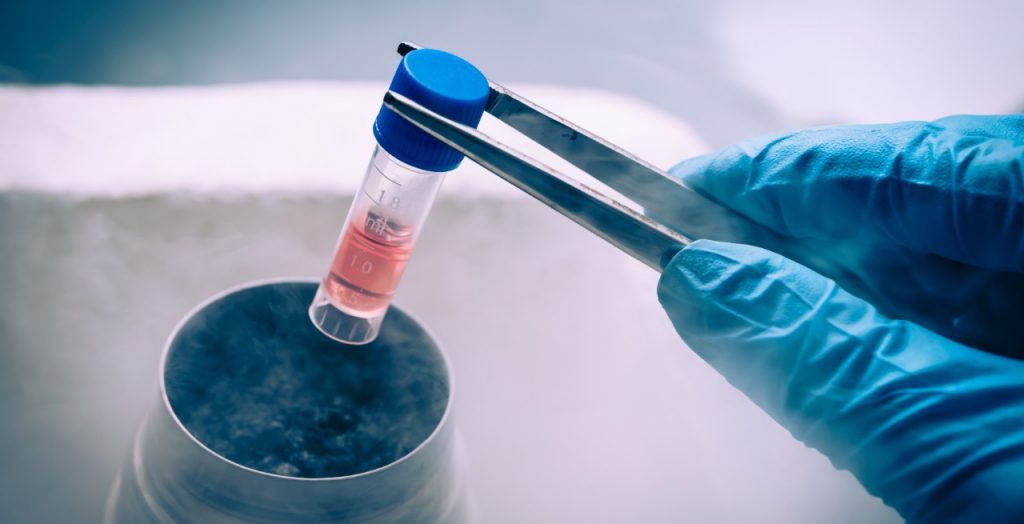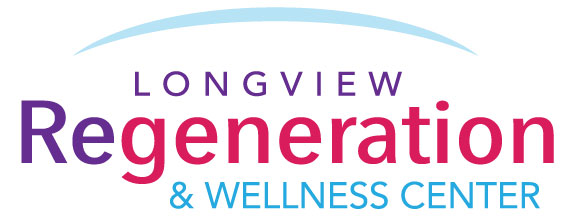Stem Cells
Where do stem cells for stem cell therapy come from?.
.
.
If you have done any research online concerning stem cells, you have probably gotten some conflicting information.
Let’s try to simplify this information and hopefully help you get a better understanding of where stem cells come from and which types of stem cells are the best for regenerative medicine.

Types of Stem Cells:
Fetal/Embryonic
These are derived from the undifferentiated inner mass cells of the human embryo. Here are some facts you need to know:
- They are illegal in the United States.
- There is a lot of controversy surrounding the use of them.
- There are some moral issues involved.
- Embryo is taken before maturity.
Amniotic
These are extracted from the amniotic sac by amniocentesis.
- They have a large of amount of cellular debris.
- There is the potential of an allergic response.
- There are inconsistent concentrations.
- Stem cell counts cannot be verified.
- No CD34
Human Placenta
These are extracted from the placenta by amniocentesis.
- These require a surgical procedure. There is also risk of complication and pain as well as increased recovery time.
- They are not potent or strong enough to make a substantial difference.
- The procedure is expensive.
- Dependent upon age and health.
Autologous
These are a patient’s on stem cells derived or collected through surgery. They come from a person’s fat or their bone marrow.
- Requires a surgical procedure.
- Risk of complications, pain and long recovery times.
- Not potent enough to make a difference.
- The procedure is expensive.
- Dependent on your age and health.
Umbilical Cord Stem Cells (UCBSC)
These are cells that are derived from donated human umbilical cords. The mothers generally donate them at birth.
- They are undifferentiated cells – no HLA matching which means there is no danger of adverse or allergic reactions.
- It’s a simple, fast and safe delivery either through intra-articular injections or by IV infusion.
- The treatment is customizable to each patient depending on his or her need.
- They are extremely potent, robust and consistent.
- Based on accepted medical practices.
As you can see by the comparison given, Umbilical Cord Stem Cells are the absolute best for Stem Cell Therapy. Let’s look at some other information to support this fact.
Sickness and disease in our bodies are generally the result of 3 things:
- Degeneration
- Inflammation
- Immune Dysfunction
Umbilical cord stem cells address these 3 issues because:
- Umbilical cord stem cells are immune system privileged, anyone can be treated.
- They have the best anti-inflammatory activity.
- They have immune modulating capacity.
- They have optimum ability to stimulate regeneration.
- They can also be administered multiple times in uniform dosages that contain high cell counts. This means no invasive surgery or procedures anytime you need a treatment.
If you have questions about Umbilical Cord Stem Cell Therapy, then contact our office today for a consultation.
